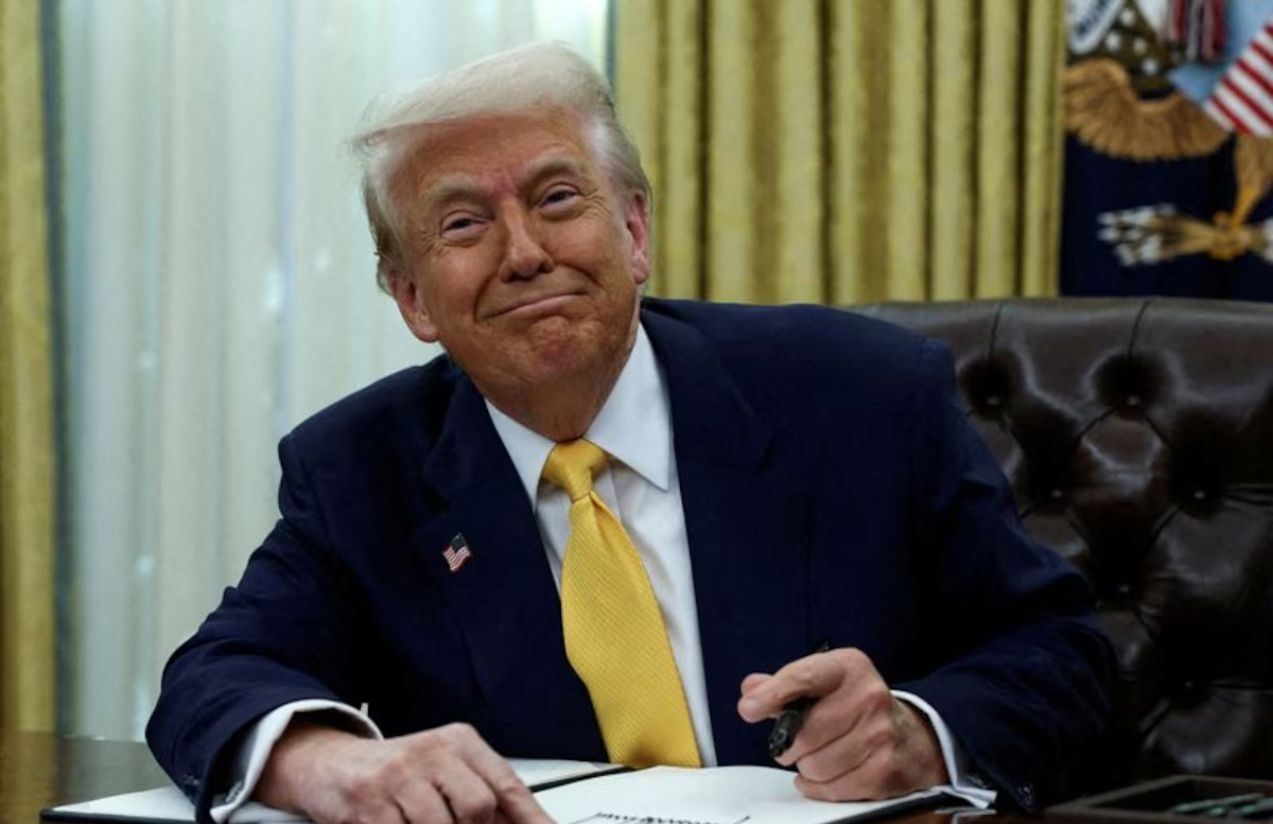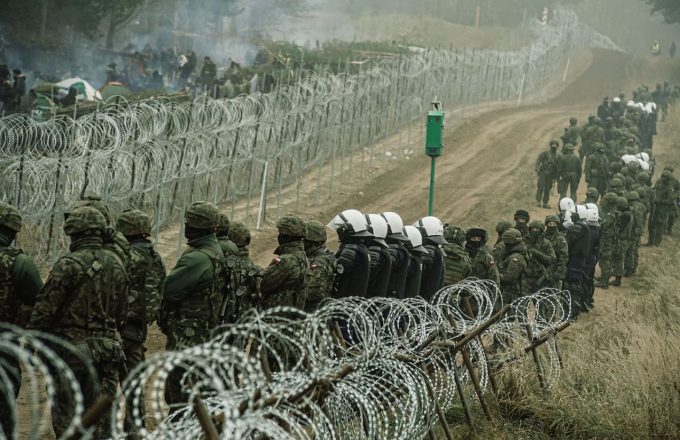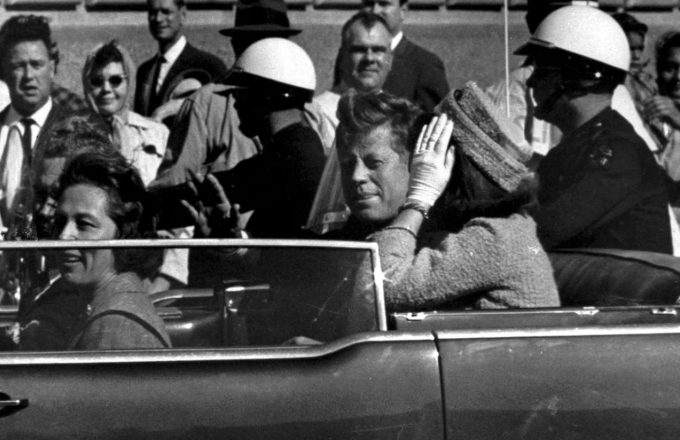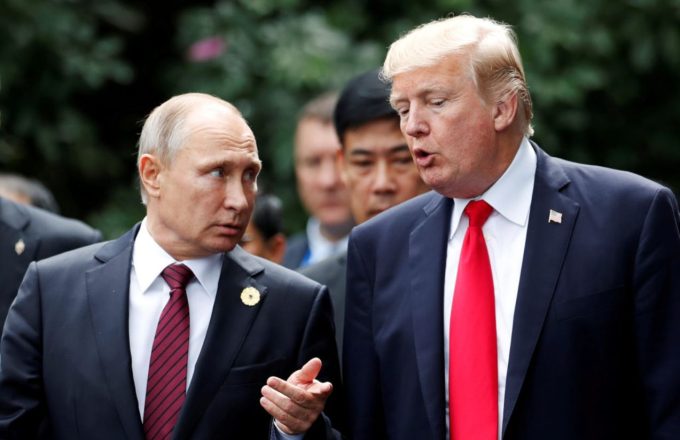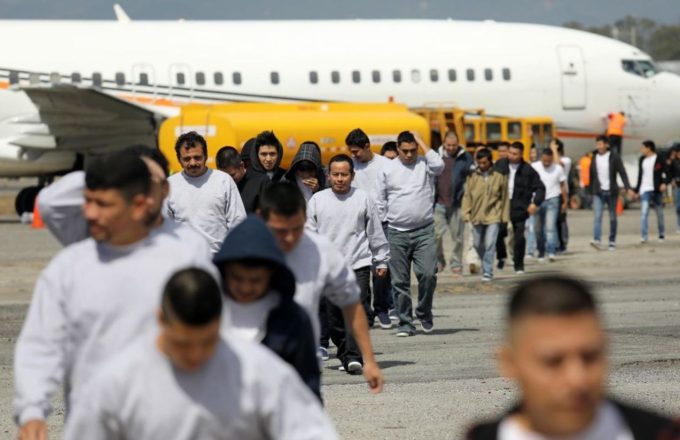The administration of Donald Trump will revoke the temporary legal status of 530,000 Cuban, Haitian, Nicaraguan, and Venezuelan migrants in the United States, according to a notice published Friday in the Federal Register. This measure marks a new chapter in his hardline immigration policy.
The decision shortens the two-year “parole” granted under Joe Biden’s administration, which allowed these migrants to enter the country by air if they had U.S. sponsors.
Since taking office, Trump has strengthened immigration law enforcement, pushing for the deportation of a record number of undocumented immigrants. He has argued that the parole programs implemented by his Democratic predecessor exceeded the limits of federal law and ordered their termination in a January 20 executive order.
On March 6, Trump announced that he would decide “very soon” whether to revoke the parole status of approximately 240,000 Ukrainians who fled to the U.S. during the war with Russia. His statement came in response to a Reuters report claiming that his administration planned to rescind the status as early as April.
In 2022, Biden launched a parole program for Venezuelans, which he expanded in 2023 to include Cubans, Haitians, and Nicaraguans as his administration struggled to manage high levels of illegal immigration from these nationalities. Diplomatic relations between these four countries and the U.S. have been tense, and the Biden administration sought legal alternatives to curb illegal border crossings from Mexico.
However, Trump’s decision to eliminate this legal status could leave thousands of migrants vulnerable to deportation if they remain in the country. It remains unclear how many of those who entered the U.S. under parole have since obtained another form of protection or legal status.
Regarding Venezuela, a country without diplomatic ties to the U.S. since 2019, both governments recently agreed to resume deportation flights. This decision came after Washington suspended a license allowing Chevron to operate in the Caribbean nation as retaliation for what it saw as slow repatriation efforts.
“Maduro’s regime must stop stalling and schedule consistent, weekly repatriation flights,” the U.S. State Department posted on X, just days after its head, Marco Rubio, threatened new sanctions.
Since 2014, nearly 8 million Venezuelans have left their country, according to the United Nations. The economic crisis, which has shrunk the nation’s GDP by 80%, has been the main driver of the exodus. Nicolás Maduro, who blames U.S. sanctions for the mass migration, has downplayed the scale of the Venezuelan diaspora for years.


